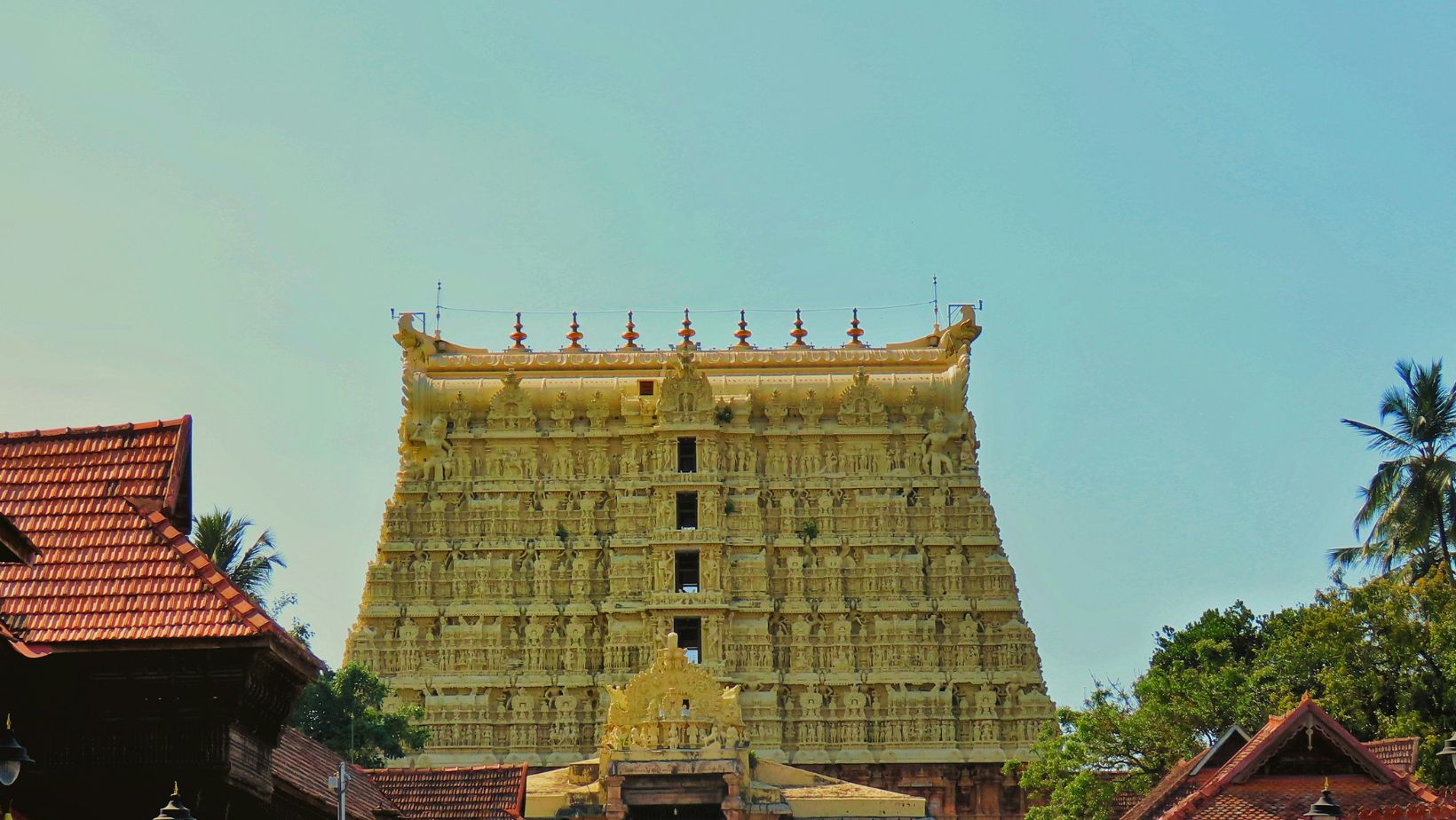Hospitality holds a special place in Indian culture. The phrase Atithi Devo Bhava, meaning “The guest is God,” reflects the deep-rooted belief in treating visitors with utmost respect and warmth. This age-old principle has shaped India’s social fabric and continues to influence modern hospitality practices.
Origins and Meaning of Atithi Devo Bhava
The concept of Atithi Devo Bhava originates from ancient Indian scriptures. The Sanskrit words “Atithi” (guest), “Devo” (God), and “Bhava” (become) collectively emphasize that a guest should be treated with divine reverence. This tradition dates back to the Vedic period when guests were considered sacred and their comfort was a priority.
Hindu texts, such as the Taittiriya Upanishad, stress the importance of welcoming guests with an open heart. In ancient times, travelers depended on the kindness of strangers for food and shelter. This practice cultivated a culture of warmth, generosity, and selfless service.
Historical Significance of Hospitality in India
Since time immemorial, Indian households have followed the practice of hosting guests with sincerity. Ancient kings and emperors set high standards for hospitality. They welcomed diplomats, traders, and scholars with open arms. Innumerable travelers, such as Hieun Tsang and Ibn Battuta, documented India’s warm reception.
Temples, monasteries, and dharmashalas served as free lodging places for weary travelers. This ensured that no visitor was left without food or shelter. Even today, many religious institutions continue this noble practice.
Atithi Devo Bhava in Everyday Life
Indians imbibe this philosophy in their daily lives. Guests receive a warm welcome with folded hands and the greeting “Namaste.” Offering food, refreshments, and comfortable seating is a common practice. Even unannounced visitors are never turned away.
Families consider it an honor to host guests. They prepare special meals and make them feel at home. Personal bonds strengthen through these gestures of kindness. Unlike in many cultures, hospitality in India does not depend on prior invitations.
Traditional Practices of Indian Hospitality
Different regions in India have their unique ways of expressing hospitality. Some traditional customs include:
- Welcoming with Aarti and Tilak – Guests are often received with an aarti (ritual of light) and a tilak (a sacred mark on the forehead). This symbolizes goodwill and blessings.
- Offering Water or Sherbet – In many Indian households, offering a refreshing drink is the first act of hospitality.
- Serving Home-Cooked Meals – A variety of delicacies are prepared to ensure the guest enjoys a fulfilling meal.
- Providing Comfortable Stay – Hosts arrange a clean and comfortable place for their guests to rest.
- Extending Warm Farewell – When a guest leaves, hosts often give a small token of appreciation or blessings for a safe journey.
These practices showcase the depth of India’s rich cultural heritage and values.
Atithi Devo Bhava and Indian Tourism
This philosophy extends beyond homes to the tourism sector. The Incredible India campaign launched the Atithi Devo Bhava initiative to enhance hospitality standards. The program encourages people to treat tourists with courtesy and respect.
Under this initiative, taxi drivers, hotel staff, and guides receive training in soft skills. They learn about good behavior, hygiene, and basic etiquette. The goal is to make tourists feel welcome and ensure they have a memorable experience in India.
The campaign also aims to spread awareness about cultural sensitivity. Tourists are encouraged to respect local traditions and contribute positively to their travel destinations.
Modern Relevance of Atithi Devo Bhava
Though times have changed, the essence of Atithi Devo Bhava remains relevant. In an increasingly globalized world, cultural exchange is vital. When people travel to new places, they appreciate genuine warmth and kindness.
Hotels, restaurants, and tourism operators follow this principle to enhance customer experience. Many Indian businesses integrate hospitality into their work culture. This strengthens India’s reputation as a friendly and welcoming nation.
Moreover, technology has transformed the way people practice hospitality. Online platforms allow individuals to host travelers, offering them unique cultural experiences. Websites like Airbnb and Couchsurfing promote Atithi Devo Bhava in a modern setting.
Hospitality in Indian Festivals and Celebrations
Indian festivals provide a perfect example of Atithi Devo Bhava in action. During celebrations like Diwali, Holi, Eid, and Christmas, families invite friends, neighbors, and even strangers to share their joy. Delicious sweets and special dishes are prepared for guests.
In weddings, guests are given utmost priority. Indian weddings often accommodate large numbers of visitors, ensuring everyone enjoys lavish food, entertainment, and hospitality. Even distant relatives and acquaintances receive the same warmth as close family members.
Spiritual and Ethical Aspects of Hospitality
Indian philosophy associates hospitality with karma (action) and dharma (duty). According to the Bhagavad Gita, selfless service leads to spiritual growth. By serving guests with humility, one earns good karma.
Saints and spiritual leaders have always emphasized kindness. Figures like Swami Vivekananda and Mahatma Gandhi believed that selfless service to others leads to inner peace. Providing hospitality is not just a duty but a path to self-improvement.
Atithi Devo Bhava in Global Context
While India has deep-rooted traditions of hospitality, other cultures also emphasize warm reception. The Japanese concept of Omotenashi focuses on anticipating guests’ needs and offering selfless service. In Arab culture, welcoming guests with coffee and dates is a sign of respect.
Countries worldwide recognize the economic and social benefits of good hospitality. Nations that excel in tourism often have a strong culture of guest care. India, with its Atithi Devo Bhava tradition, sets an example for others to follow.
Conclusion
Atithi Devo Bhava is more than a phrase; it is a way of life. It teaches selflessness, kindness, and cultural harmony. In an era where human connections are vital, practicing genuine hospitality can create a more compassionate world.
By upholding this tradition, India continues to inspire global hospitality standards. Whether at home, in business, or in tourism, treating guests with respect enriches relationships and fosters goodwill. The world benefits when people embrace the timeless wisdom of Atithi Devo Bhava.










